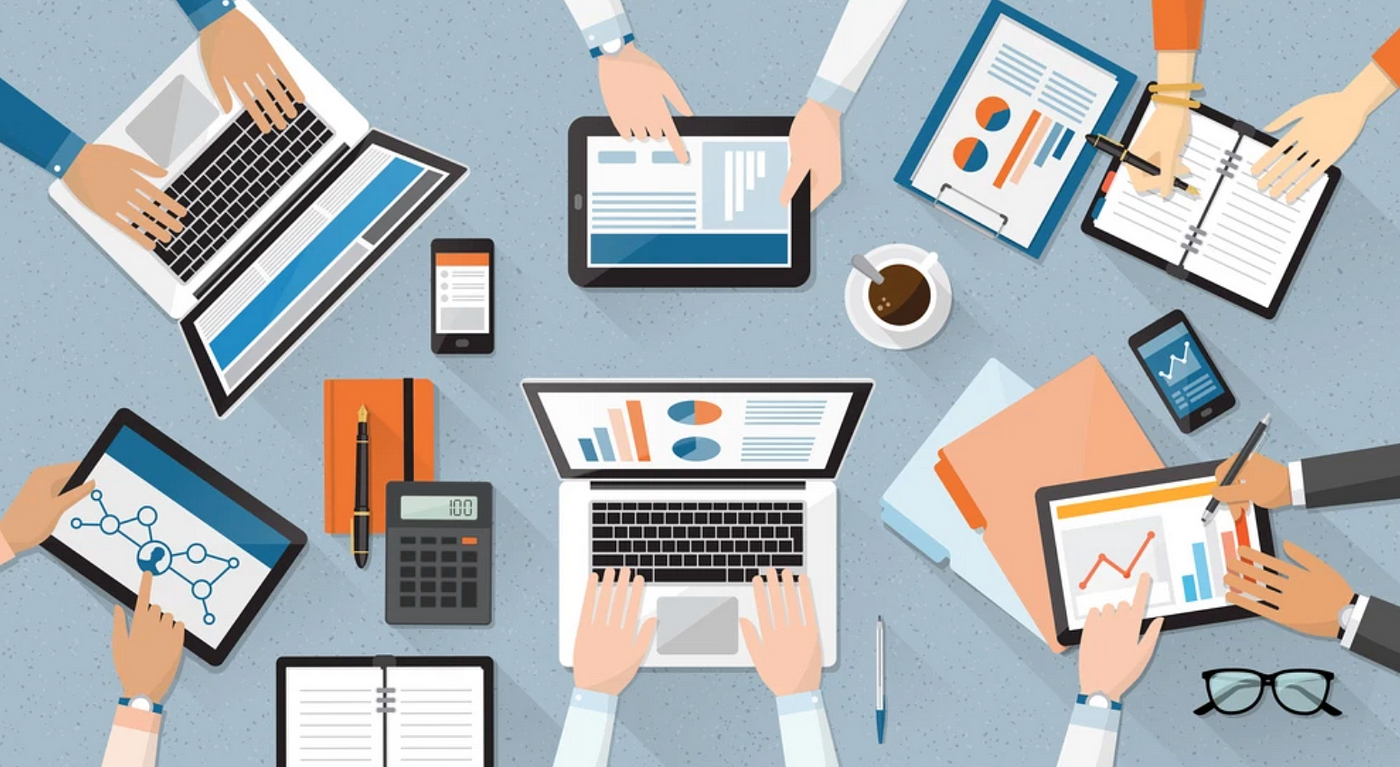Understanding DAO Organizations: The Future of Decentralized Governance
 MIDAO
MIDAO
In the rapidly evolving world of blockchain and cryptocurrency, DAO organizations, or Decentralized Autonomous Organizations, have emerged as a groundbreaking concept. These entities leverage the power of blockchain technology to create a new form of governance that is decentralized, transparent, and driven by code. But what exactly are DAO organizations, and why are they garnering so much attention? Let’s delve into the intricacies of DAOs and explore their potential impact on the future of organizational governance.
What is a DAO?
A Decentralized Autonomous Organization (DAO) is an organization represented by rules encoded as a computer program that is transparent, controlled by organization members, and not influenced by a central government. DAOs are typically based on blockchain technology, most notably the Ethereum blockchain, which enables the creation of smart contracts. These smart contracts are self-executing contracts with the terms of the agreement directly written into code.
Key Characteristics of DAO Organizations
Decentralization: Unlike traditional organizations, DAOs operate without a central authority. Decision-making power is distributed among all members, ensuring that no single entity has complete control.
Autonomy: DAOs function autonomously based on pre-programmed rules. Once the smart contracts are deployed on the blockchain, they can execute transactions and make decisions without human intervention.
Transparency: All transactions and rules within a DAO are recorded on a public blockchain. This ensures complete transparency and allows members to verify the organization’s activities.
Governance by Consensus: DAOs use consensus mechanisms to make decisions. Members typically vote on proposals, and the outcome is determined by the majority. This democratic process ensures that all voices are heard.
How Do DAOs Work?
The operation of a DAO is governed by smart contracts. These contracts define the rules of the organization and the mechanisms for decision-making. When a DAO is launched, its creators deploy the smart contracts on a blockchain and issue tokens to members. These tokens often represent voting power, and members use them to participate in the governance of the DAO.
For example, if a DAO wants to fund a new project, a proposal is created and members vote on it. If the proposal receives enough votes, the smart contract executes the transaction, transferring funds to the project. This process eliminates the need for intermediaries and ensures that decisions are made collectively.
Advantages of DAO Organizations
Efficiency: DAOs streamline decision-making processes by eliminating the need for intermediaries. This can lead to faster and more efficient operations.
Cost-Effectiveness: By removing intermediaries, DAOs can reduce operational costs. There is no need for managers, board members, or other traditional roles that typically require salaries.
Global Participation: DAOs are accessible to anyone with an internet connection, allowing for global participation. This inclusivity can lead to a more diverse and innovative organization.
Immutable Governance: Once deployed, the rules of a DAO cannot be changed without consensus. This ensures that the organization operates predictably and according to agreed-upon rules.
Challenges and Risks
Despite their potential, DAOs are not without challenges. One of the primary concerns is security. Since DAOs operate on code, they are susceptible to bugs and vulnerabilities. The infamous hack of The DAO in 2016, which resulted in the loss of $50 million worth of Ethereum, highlighted the importance of robust security measures.
Additionally, the legal status of DAOs is still unclear in many jurisdictions. As decentralized entities, they do not fit neatly into existing legal frameworks, which can lead to regulatory uncertainty.
The Future of DAOs
The concept of DAO organizations is still in its infancy, but the potential is immense. As blockchain technology continues to mature, we can expect DAOs to become more prevalent and sophisticated. They offer a new paradigm for organizational governance that is transparent, efficient, and democratic.
In the coming years, we may see DAOs revolutionize various industries, from finance to social organizations, by providing a model for decentralized, autonomous governance. As with any emerging technology, there will be hurdles to overcome, but the promise of DAOs is too significant to ignore.
Conclusion
DAO organizations represent a bold step towards decentralizing governance and creating more transparent and efficient systems. While challenges remain, the potential benefits make DAOs a compelling innovation in the world of blockchain and beyond. As we continue to explore and refine this concept, DAOs could very well become the standard for organizational governance in the digital age.
Subscribe to my newsletter
Read articles from MIDAO directly inside your inbox. Subscribe to the newsletter, and don't miss out.
Written by

MIDAO
MIDAO
MIDAO provides the world’s best legal & regulatory frameworks for web3, crypto, and DAOs. MIDAO helped write the legislation to create the industry-leading DAO LLC legal entity in the Marshall Islands (RMI). Through a public-private partnership with the government of the RMI, MIDAO is the only registered agent that creates and maintains these DAO LLCs. The MIDAO DAO LLC is the only LLC entity based in a sovereign nation that explicity recognizes blockchain as a viable governance structure.